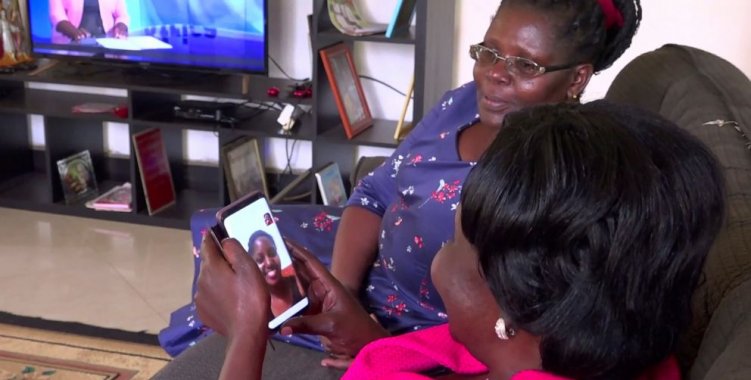Thousands of people left Wuhan for other parts of China, after 76 days of blockade of the city that was the center of the new coronavirus, but the gates of local universities "remain closed" and students "forbidden to leave their dormitories", describes to the agency Lusa Euclides Simeão, student of Computer Science engineering.
"I hope to be able to walk on the 'campus' again, but for the time being, we are still stranded in the dorms," says the representative of the approximately 40 Angolan students in Wuhan, adding that there is still no date set for the beginning of classes.
The end of an unprecedented blockade of the city with 11 million inhabitants, which served as a model for several countries that are now trying to stop the covid-19 epidemic, constitutes another unprecedented experience: resuming business and daily life, at the same time. time that a second wave of infections is prevented by a disease that, in many patients, has no symptoms.
"The school tells us that there are still asymptomatic people and, therefore, recommends caution, even when reopening the gates, and to maintain social distance, always wash your hands and always wear a mask", says Euclides.
The official end of the blockade has an important political significance in allowing the Chinese regime to declare victory in the fight against the outbreak, which started in the country, at a time when Europe and the United States are the new centers of the disease.
In an editorial, however, the Chinese Communist Party newspaper warned of premature celebrations.
"This day, long awaited, will naturally be celebrated by people. However, this is not the final victory," notes the People's Daily. "We have to remember that, despite being satisfied with the end of the blockade, we cannot relax."
Only last Wednesday did the Chinese National Health Commission begin to disclose the number of infected people who have no symptoms but who can transmit the virus. Since then, the country has reported a total of 1,095 of these cases.
Car traffic in Wuhan began to return to normal as bridges, tunnels and highways reopened. According to official data, the city has not registered a new case of infection in the last 24 hours.
Local media reported that around 65,000 people left Wuhan by plane or train. However, upon arrival, they will be subjected to a 14-day quarantine and nucleic acid detection tests for the new coronavirus.
For Rui Severino, a Portuguese man who refused to leave Wuhan during the isolation period, despite the offer of repatriation by Portugal, the end of the blockade is a motivation for the future.
"It is a feeling of great relief," the racehorse trainer tells Lusa. "We can already see the light at the end of the tunnel," he says.
Severino says that "especially for people who have small children [the blocking period] was very exhausting", so "there is now a great relief for being able to go out on the street".
During the 11-week blockade, Wuhan residents were allowed to leave their homes just to buy food or to participate in other tasks deemed absolutely necessary.
For Euclides Simeão, the end of the blockade and the reopening of the 'campus', which should take place in the next two weeks, served to calm the students. However, the Angolan says that the return to normality is not expected with the anxiety of yore.
"It is boring, but we are used to it", he describes. "For us, the normal thing has become quarantined".







